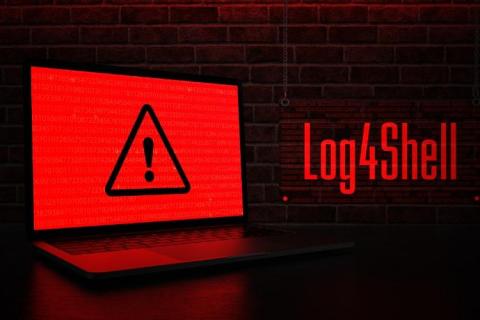The Major Benefits of a SOAR
SOAR — or security orchestration, automation and response — is a collection of processes, software and tools that allows teams to streamline security operations. SOAR platforms are a hot topic in the realm of cybersecurity these days, and with good reason.






